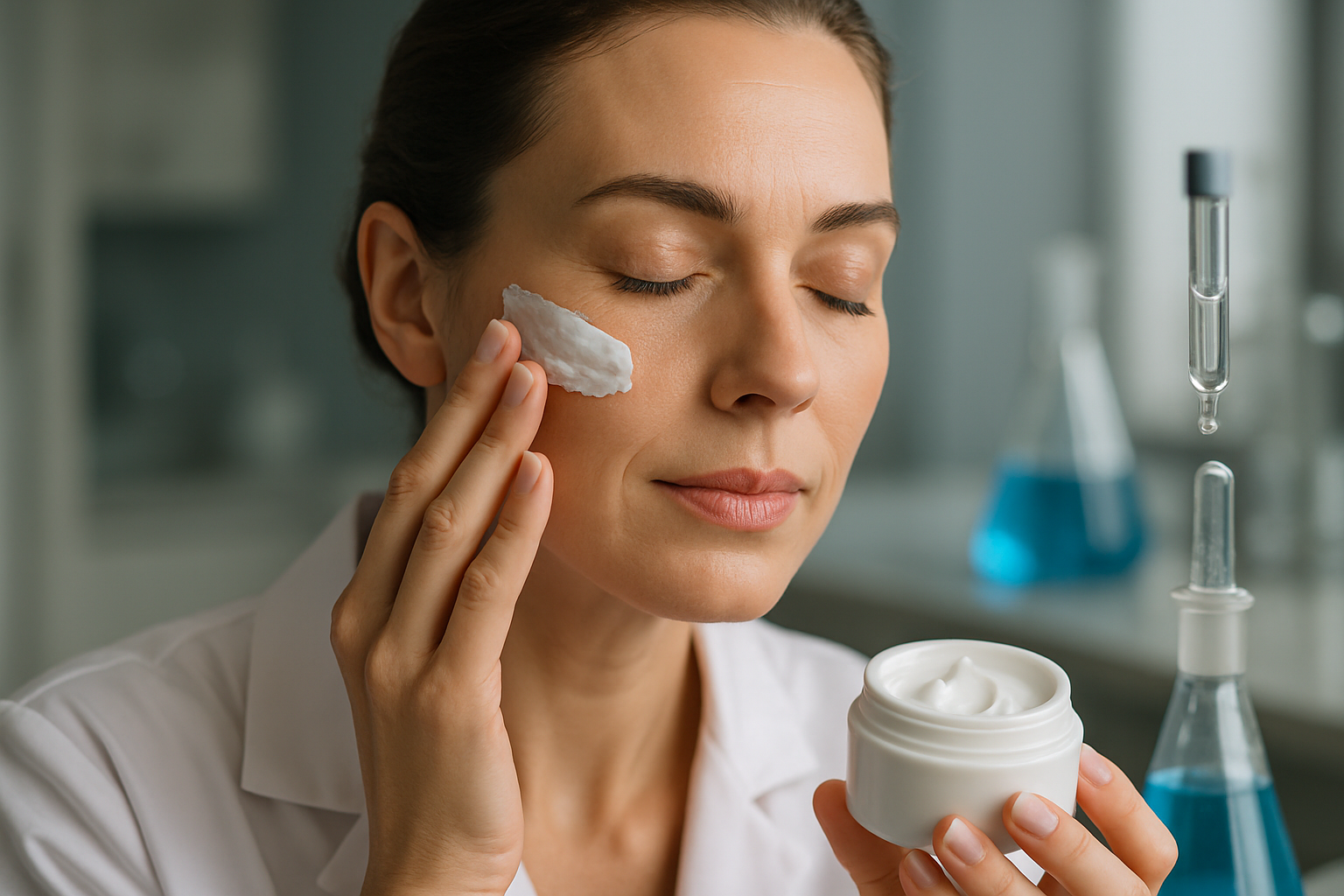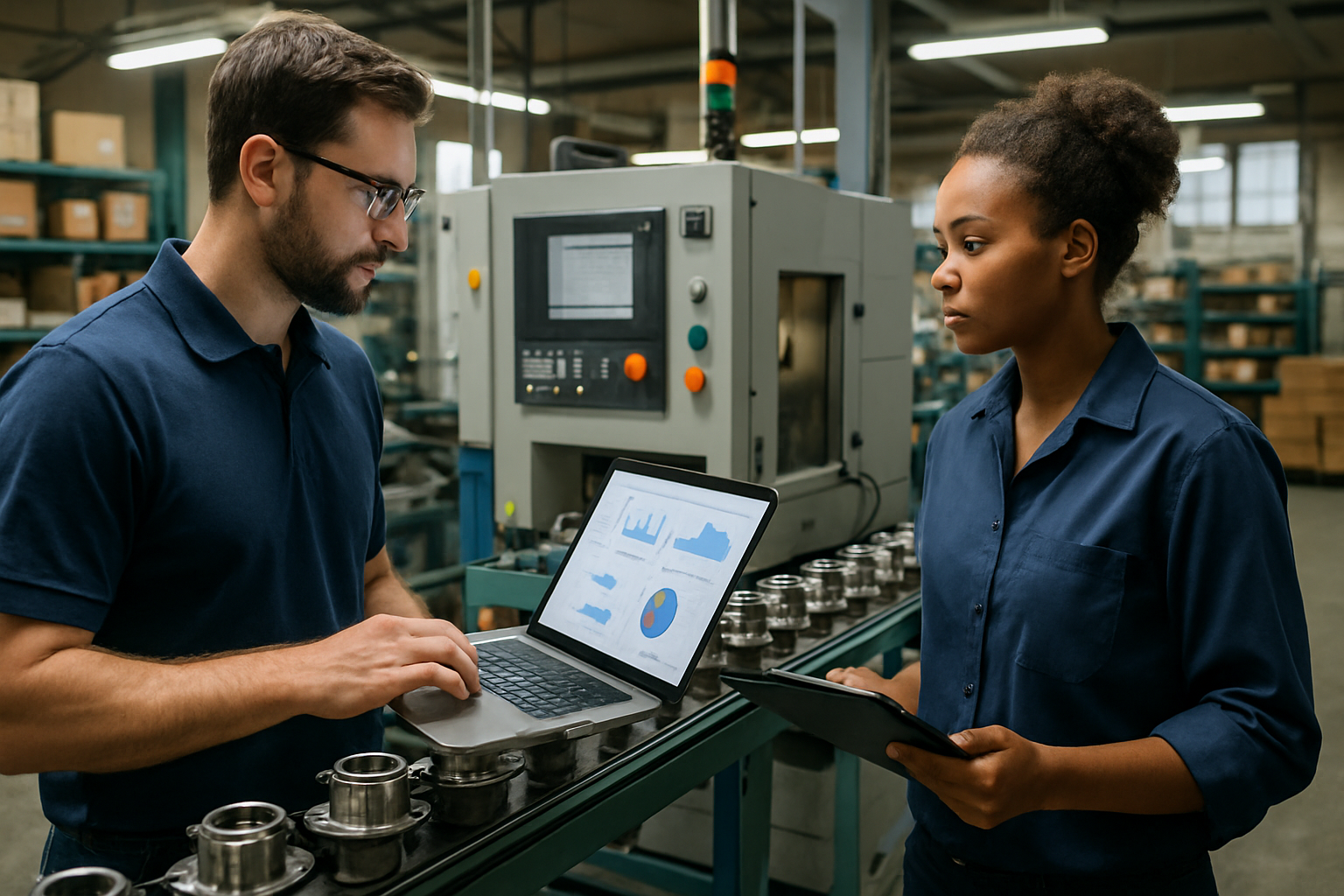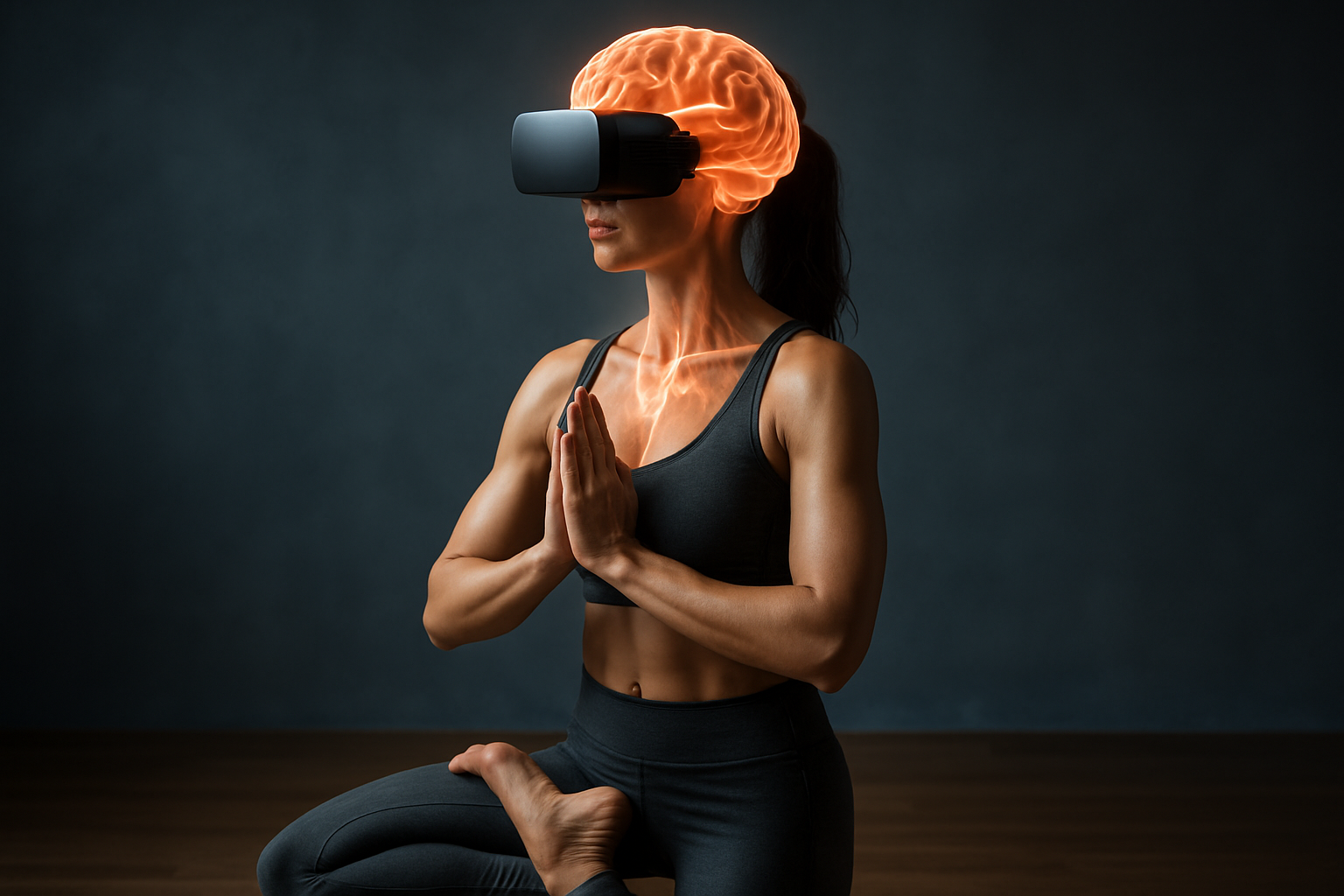Biohacking Beauty: The Future of Personalized Skincare
The beauty industry is on the brink of a revolutionary transformation, driven by the convergence of cutting-edge science and personalized wellness. Biohacking beauty, a concept that marries biotechnology with skincare, is poised to redefine our approach to personal care. This innovative field promises tailored solutions based on individual genetic profiles, microbiome analysis, and environmental factors. As consumers increasingly seek bespoke experiences in all aspects of their lives, the beauty sector is responding with groundbreaking technologies that cater to unique skin needs at a cellular level.

Decoding Your Skin’s Genetic Blueprint
At the heart of biohacking beauty lies genetic analysis. Advanced DNA testing kits now offer insights into various skin-related genes, revealing predispositions to conditions like premature aging, hyperpigmentation, and sensitivity. These tests examine specific genetic markers associated with collagen production, antioxidant capacity, and skin barrier function. Armed with this information, consumers can make informed decisions about their skincare products and treatments, targeting their exact genetic weaknesses and strengths.
The Microbiome Revolution in Skincare
While genetics play a crucial role, the skin microbiome has emerged as another key player in the biohacking beauty movement. The complex ecosystem of bacteria, fungi, and other microorganisms living on our skin significantly influences its health and appearance. Cutting-edge research has shown that an imbalanced microbiome can lead to various skin issues, from acne to eczema. Biohacking beauty enthusiasts are now focusing on cultivating a healthy skin microbiome through targeted probiotics and prebiotics in their skincare routines.
Environmental Analysis and Adaptive Skincare
Biohacking beauty extends beyond internal factors to encompass environmental influences. Wearable devices and smart sensors are being developed to monitor UV exposure, pollution levels, and humidity in real-time. This data is then used to recommend specific products or adjust skincare routines dynamically. For instance, a smart skincare system might suggest a higher SPF on particularly sunny days or recommend an extra hydrating serum when the air is dry.
AI-Powered Formulation and Delivery Systems
Artificial intelligence is revolutionizing how skincare products are formulated and delivered. AI algorithms can analyze vast amounts of data from genetic tests, microbiome analyses, and environmental sensors to create bespoke skincare formulations. These custom-blended products are often produced on-demand, ensuring maximum freshness and efficacy. Advanced delivery systems, such as nanocapsules and smart patches, are being developed to ensure that active ingredients reach their target skin layers more effectively.
The Ethics and Challenges of Biohacked Beauty
As with any emerging technology, biohacking beauty raises important ethical questions and faces significant challenges. Privacy concerns surrounding genetic data and the potential for discrimination based on genetic information are at the forefront of these debates. Additionally, the high cost of personalized skincare technologies currently limits access to a privileged few. As the field evolves, addressing these issues will be crucial for widespread adoption and societal benefit.
In conclusion, biohacking beauty represents a paradigm shift in the skincare industry, offering unprecedented levels of personalization and efficacy. As technologies continue to advance and become more accessible, we can expect to see a future where every individual has a uniquely tailored skincare routine optimized for their genetic makeup, microbiome, and environment. This revolution promises not just better skin health but a fundamental reimagining of our relationship with beauty and self-care.






